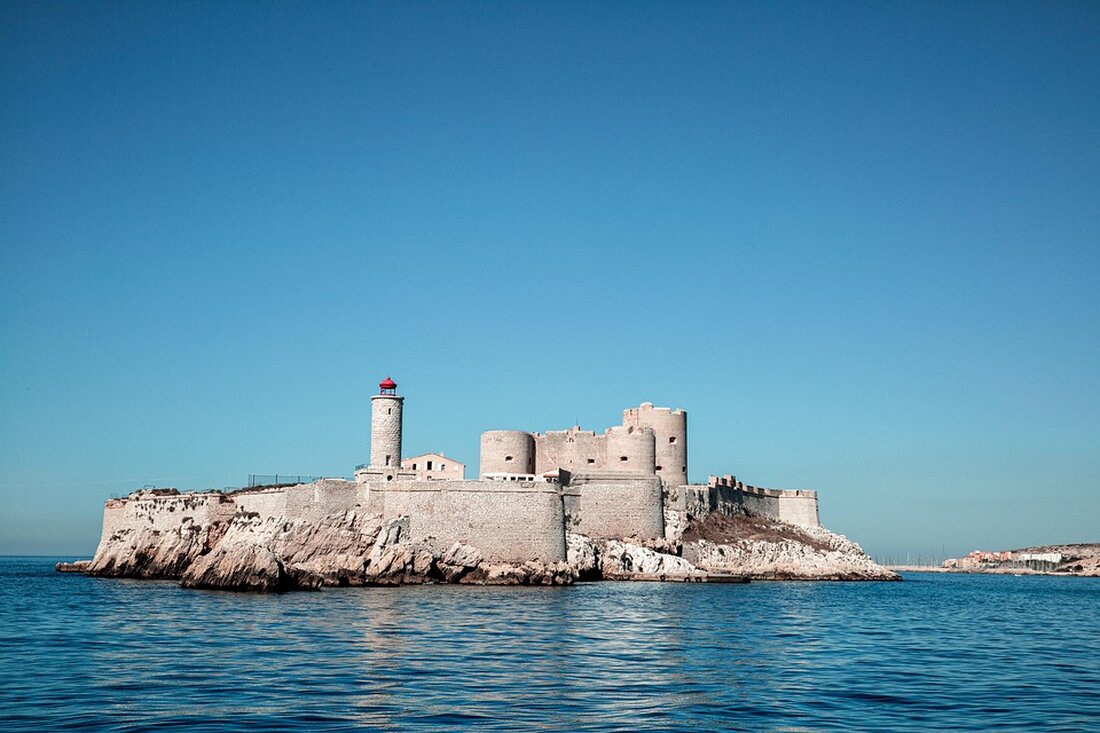Marseille relies on sustainability: The electric boat MARIUS is conquering the harbor!
Learn how the boat MARIUS promotes sustainable tourism in Marseille, combining maritime heritage and innovation.

Marseille relies on sustainability: The electric boat MARIUS is conquering the harbor!
Today the boat MARIUS is celebrated as an example of the sustainable combination of traditional shipping heritage and innovative energy generation. Originally built in 1968 at the Boudignon shipyard in Arles, this ship, formerly known as “The 4 Gabians”, now carries the vision of environmentally friendly tourism in Marseille. It was completely rebuilt by the Vent d’Ouest shipyard in Carnoux-en-Provence, with a team of young carpenters using traditional woodworking techniques to preserve its historic hull while meeting modern requirements for robustness and durability. Loud boats MARIUS is equipped with an electric drive system from SBEP Motors / OASO, which was specially designed for professional use.
The motorization enables emission-free and low-maintenance operation, ideal for use on a wooden working hull. Captain Coco has set up MARIUS as a multifunctional platform for various programs. Among other things, workshops on collecting plankton and examining the sea surface will be offered. Research missions to collect environmental data take place in collaboration with the Observatoire de l’Invisible. MARIUS is also accessible to tourists visiting or passing through Marseille.
A step towards sustainability
The project is based at the Old Port in Marseille for the next five years and is supported by an AOT. The initiative aims to connect the city with its sea front, promote collective access and create cultural narratives. The focus is on a sustainable development perspective, which includes a variety of business areas such as education, events, research and mediation boats reported.
This development is in line with general trends in the maritime economy, which play an important role in Germany. Loud BMWK Efficient ports not only secure the supply of raw materials and energy, but also support climate goals and the energy transition. In 2023, German seaports handled 267.8 million tons of goods, a decrease of 4.1% compared to the previous year. This development is primarily due to geopolitical tensions and weak global trade.
However, the maritime industry in Germany is not only affected by challenges. In the same year, significant progress was made in the port industry to increase competitiveness through modernization and digital networking. One example of this is the IHATEC funding program, which supports innovative port technologies. Five action areas of the National Port Strategy focus on competitiveness, sustainable hubs, digital transformation, training and infrastructure.
Overall, the example of MARIUS shows how innovative maritime projects can contribute to the sustainable development of a region. At the same time, it highlights the need to address the challenges of the maritime economy in Germany in order to promote long-term solutions for successful and environmentally friendly maritime trade.

 Suche
Suche
 Mein Konto
Mein Konto